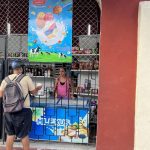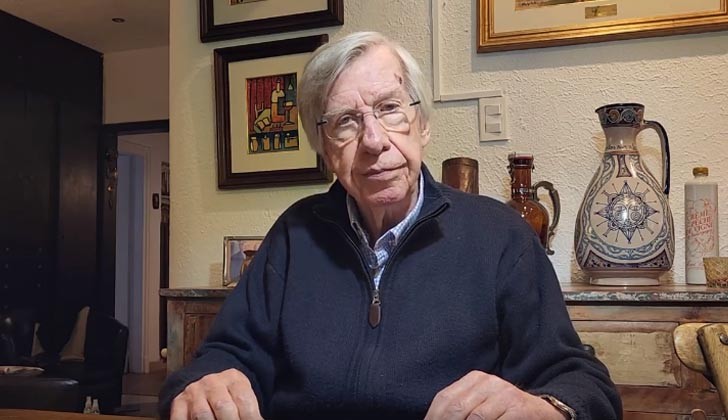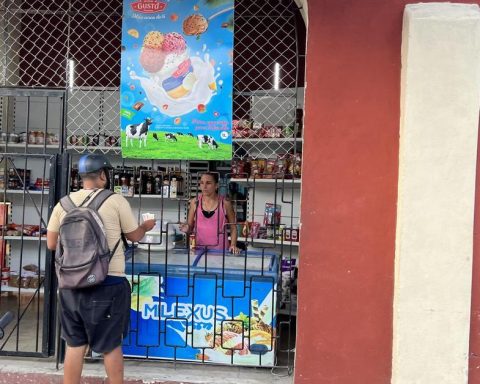Around 80,000 tourists were stranded in the Chinese resort of Sanya after authorities declared it a source of covid-19 and imposed a lockdown.
The restrictions came into force on Saturday in an attempt by authorities to curb the spread of the coronavirus in this city located on the tropical island of Hainan. As of Friday there were 229 confirmed cases and another 129 were reported this Saturday.
“We urge the general public and tourists to understand and give their support,” officials said in a statement on the city government’s WeChat account. China’s ruling Communist Party staunchly adheres to a “Covid Zero” approach that increasingly contradicts the rest of the world.
A recent outbreak in Shanghai became so widespread that authorities locked down the entire city, the country’s largest, for two months, trapping millions of people and dealing a blow to the national economy.

The new measure includes a ban on the sale of train tickets and the cancellation of all flights. Tourists who want to go out have to test negative for the virus in five tests in seven days.
Micah Hostetter, a Shanghai-based business consultant who was due to leave on Sunday after a week’s stay, protested this disappointment after experiencing a similar situation. “It is a disaster! We don’t know how long we’re going to be here, we hope it won’t be that long,” said Hostetter, who had more than two months of lockdown in Shanghai earlier this year.

Meanwhile, hotels will offer guests a 50% discount during the lockdown, a city official told a news conference. The lockdown comes at the peak of the tourist season in Sanya, famous for its beaches.
The city began imposing lockdown measures in some places on Thursday. More outlets were closed on Friday, including its duty-free malls, popular with Chinese shoppers unable to travel abroad.
*The Grupo de Diarios América (GDA), to which El Nacional belongs, is a leading media network founded in 1991 that promotes democratic values, an independent press and freedom of expression in Latin America through quality journalism for our audiences.


















